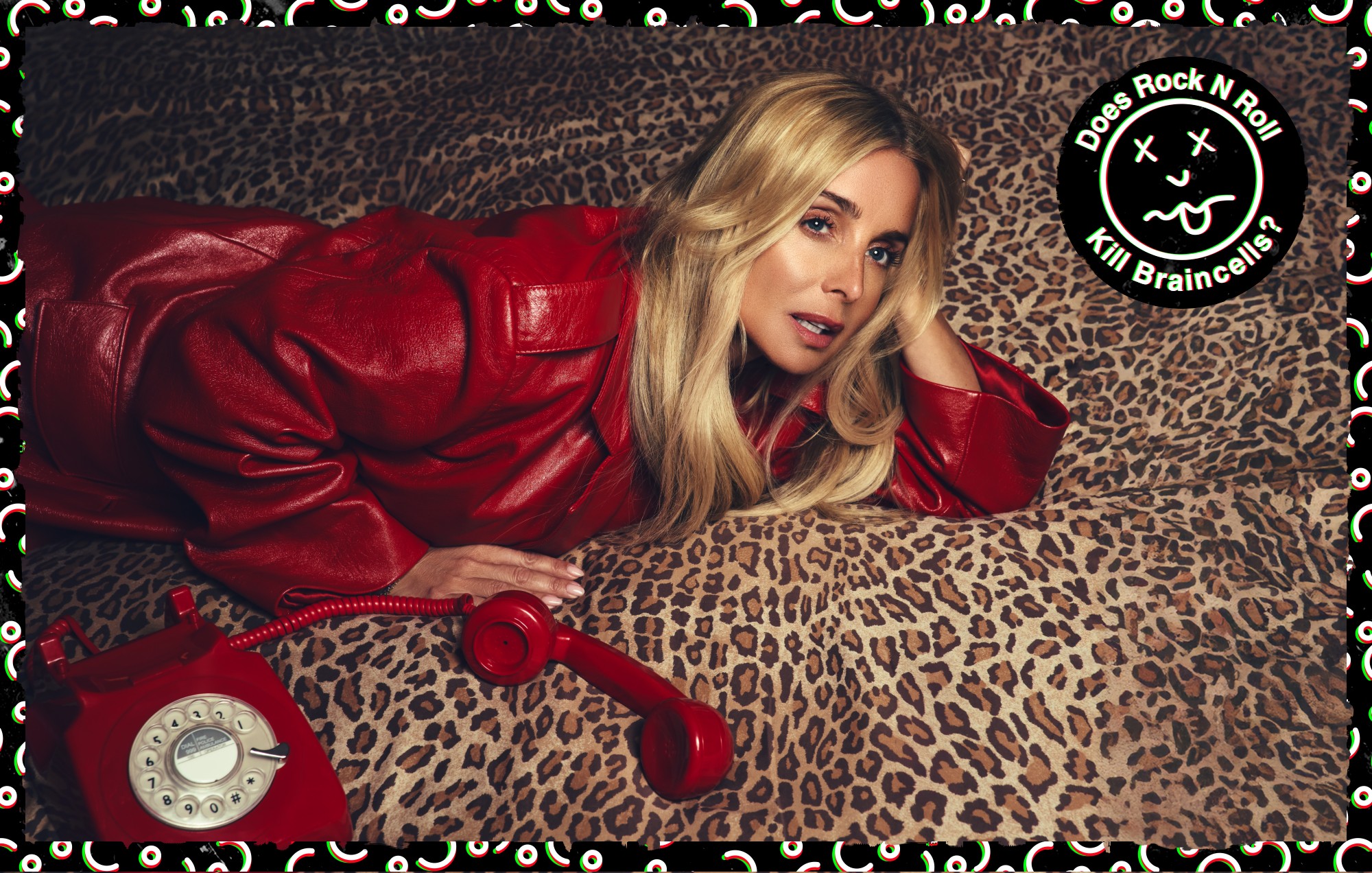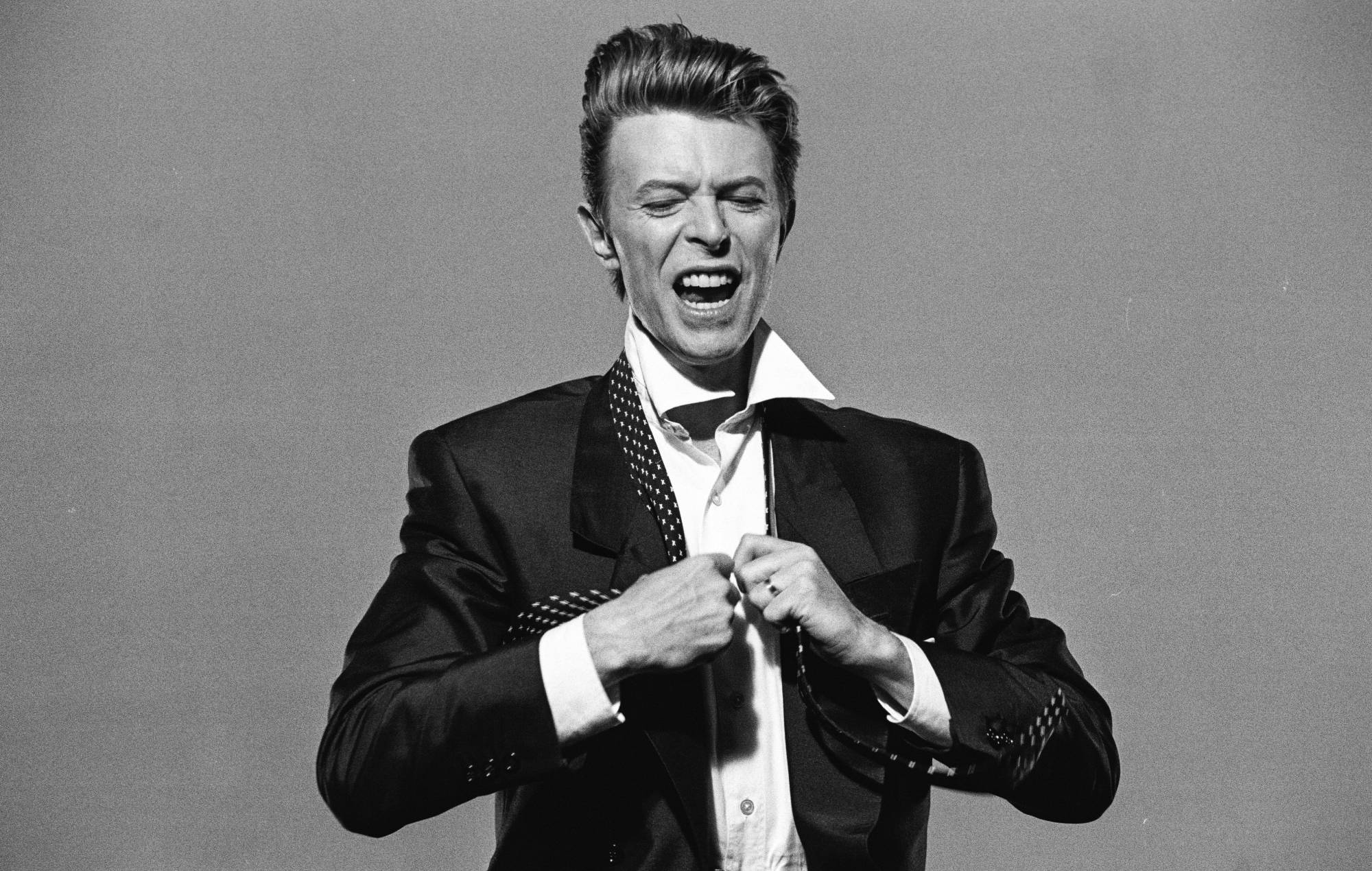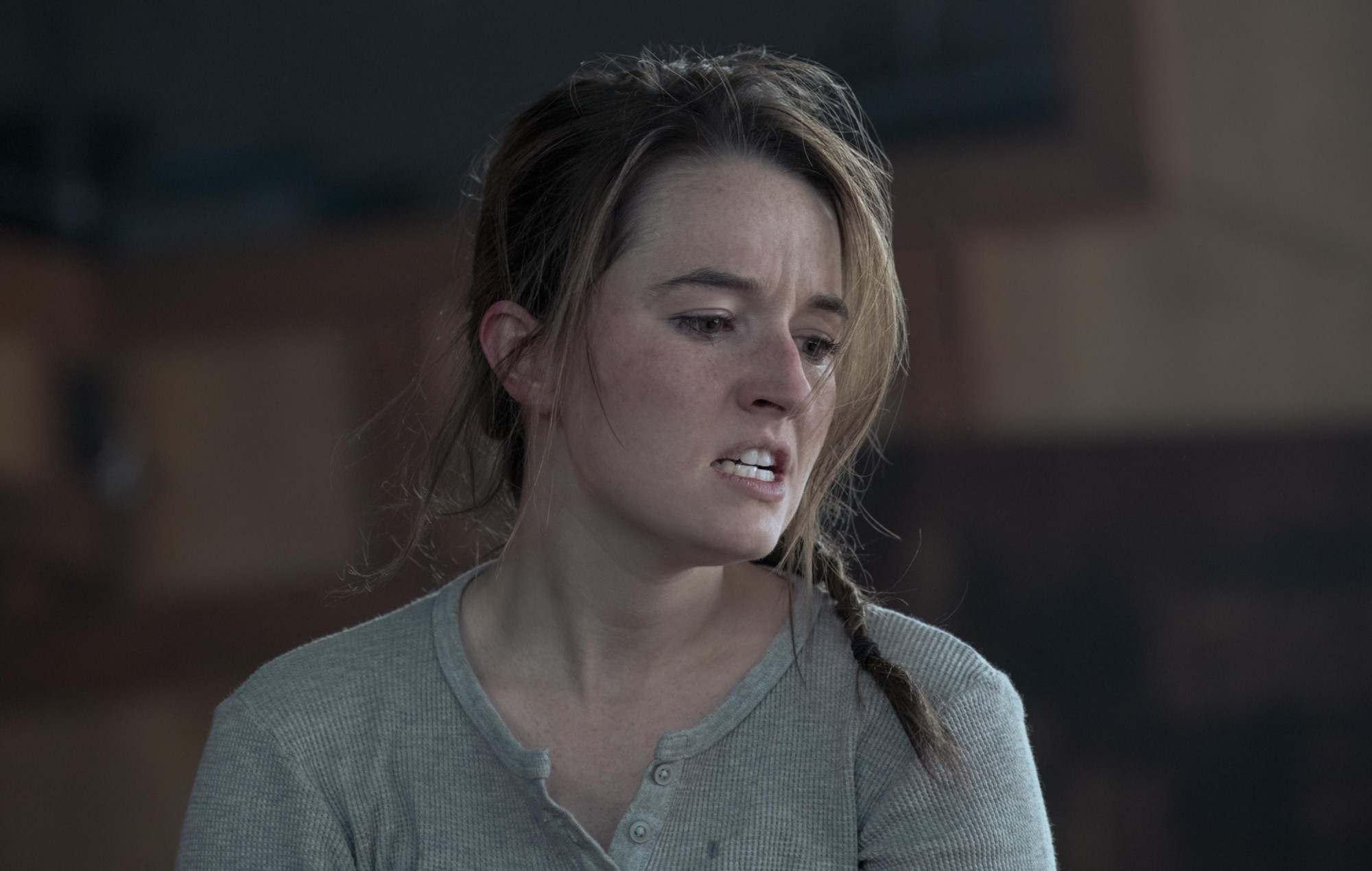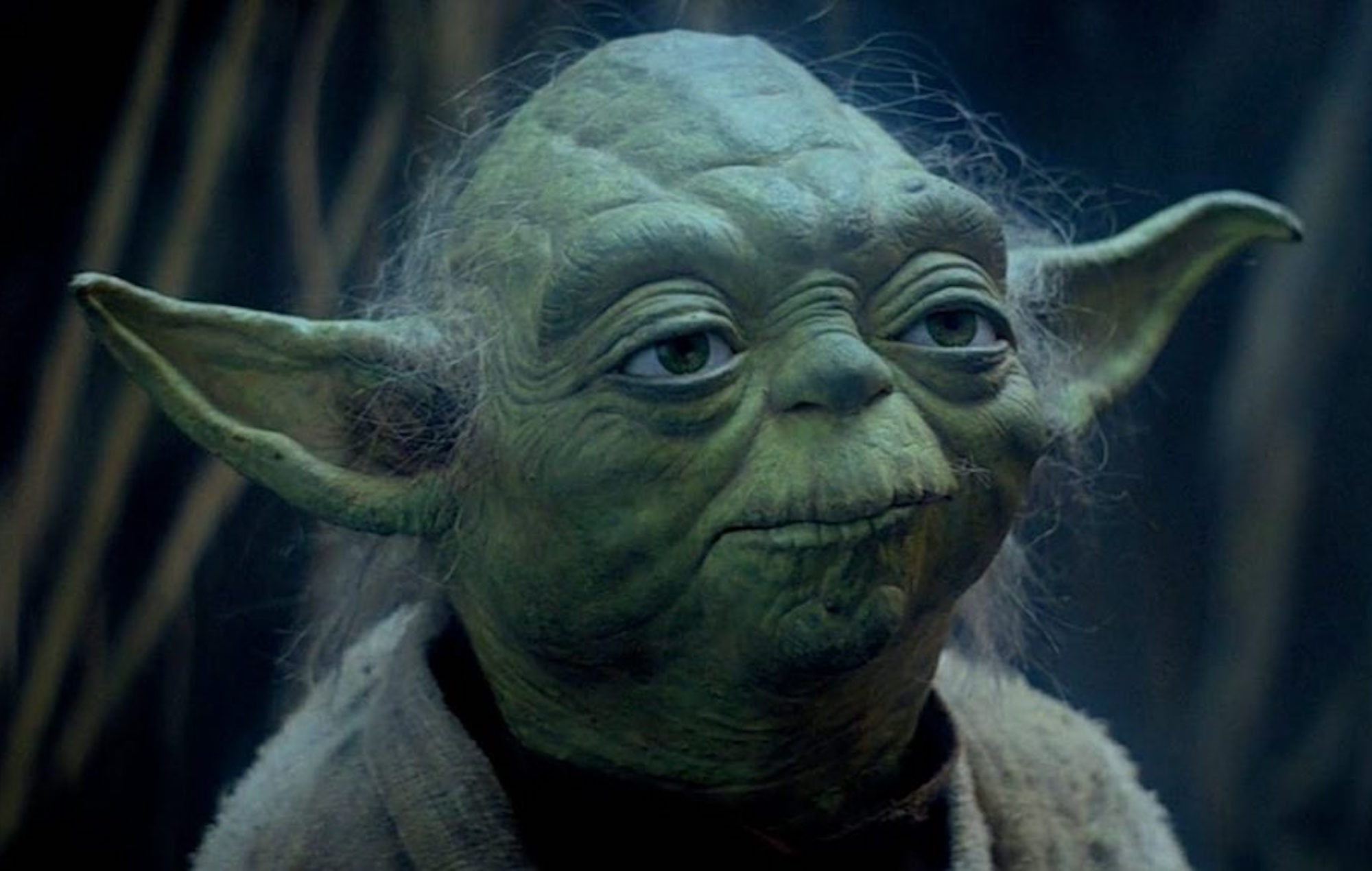Table of Contents
Image C/O Blissful Serenity Industries
Beneath the beat and carefree vibe of “Summer 2000 Baby” by George Clanton and TV Girl, there’s a story about indulgence, freedom, and maybe even the emotional cost of running away from reality.
As someone with a background in English literature and creative writing, I couldn’t resist digging into this song’s layers. I’ll use some literary history and stretch a few comparisons to show how these lyrics connect to timeless questions about the balance between freedom and emptiness.
It’s also worth noting that this track comes with an extra layer of charm—it samples “Summer 2000” by X-Cetra, a Y2K preteen pop group, and reimagines it with an indie-pop twist. That blend of nostalgia and modern flair makes it even more interesting to unpack. So, let’s dive in and see what we can find.
Summer 2000 Baby Lyrics And Meaning At a Glance
- The song celebrates wild summer nights but hints at the loneliness behind them. Beneath the surface-level fun, there’s a quiet tension about whether the joy is real or just a distraction.
- The repetition in the chorus mirrors the cycle of escapism. The lyrics reflect the thrill of chasing fun over and over, even if it doesn’t lead to lasting happiness.
- It’s a nostalgic nod to Y2K while exploring timeless questions. Using an old pop sample and modern indie production, the song feels both fresh and reflective.
Summer 2000 Baby Lyrics
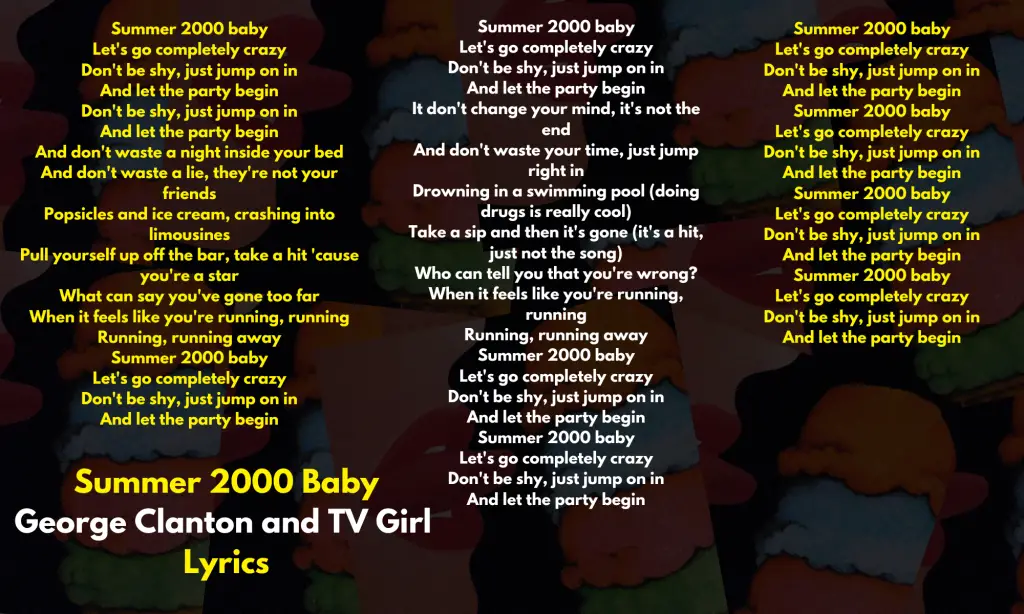
Summer 2000 Baby Meaning
“Summer 2000 Baby, Let’s Go Completely Crazy”
The song opens with excitement and nostalgia. The phrase “Summer 2000 baby” immediately takes us to a specific moment in time, one filled with carefree energy and endless possibilities. “Let’s go completely crazy” pushes us into that summer mindset, where the rules don’t apply, and fun is the only goal. But if we stop to think, this level of freedom can feel overwhelming. Who hasn’t wondered if going “completely crazy” is just a way to forget what’s really going on?
Arthur Rimbaud’s poem “The Drunken Boat” mirrors this feeling (though I will admit that there are some problematic lines in much Rimbaud’s work, TDB being one for sure). He writes, “Sweeter than the flesh of hard apples is water / When it drips from the sky.” In his poem, Rimbaud celebrates the thrill of abandoning control, much like the song celebrates diving into the chaos of summer. But Rimbaud’s speaker, like the one in this song, eventually starts to notice the downside of letting go completely. The wild ride might feel free, but it’s also unpredictable.
These opening lines set up the tension that runs through the whole song. On one hand, it’s about fun and freedom, but on the other, it hints at the risks of losing yourself in that pursuit. This excitement is real, but it’s also the start of a deeper question: What happens when the fun ends?
“And Don’t Waste a Lie, They’re Not Your Friends”
This line shifts the tone. After the excitement of the opening, we get a warning: “Don’t waste a lie, they’re not your friends.” It’s as if the song is reminding us that not everything about the party lifestyle is perfect. People who seem close to you in the moment might not really have your back.
Anne Sexton’s “Barfly” deals with this same idea. In it, she writes, “The bar is filled with washed-out stars.” Sexton describes people pretending to be something they’re not, masking their loneliness with flashy distractions. The song’s warning about fake friends feels similar. It’s a small but important moment of honesty within all the fun.
This part of the song makes us pause. If the people around you aren’t truly your friends, what’s left? The fun starts to feel less carefree and more like a way to avoid being alone. It’s a reminder that even in the middle of a wild night, loneliness can creep in.
“What Can Say You’ve Gone Too Far?”
When the song asks, “What can say you’ve gone too far?” it challenges us to think about limits—or the lack of them. The verse builds up this sense of chaos, with lines like “Pull yourself up off the bar, take a hit ’cause you’re a star.” It’s all about pushing boundaries and living in the moment, but it also makes you wonder: How far is too far?
This echoes Arthur Rimbaud’s journey in “The Drunken Boat.” He writes, “I drifted on a river I could not control.” Rimbaud’s speaker feels unstoppable, caught up in the excitement of freedom, just like the person in the song. But both Rimbaud’s poem and these lyrics show that there’s a danger in going too far. Once you lose control, it’s hard to find your way back.
This part of the song highlights the thrill of pushing limits, but it also hints at the consequences. The repetition of “running, running, running away” adds to this feeling of escape. It’s not just about having fun anymore—it’s about running from something you don’t want to face.
“Drowning in a Swimming Pool (Doing Drugs is Really Cool)”
This line is a turning point. The image of “drowning in a swimming pool” shows how too much fun can become overwhelming. The parenthetical “doing drugs is really cool” might sound playful, but it’s clearly sarcastic. It’s calling out how easily people glamorize destructive behavior, even when it’s hurting them.
Anne Sexton also critiques this in “Barfly.” She writes, “You drink to stay drunk. You drink to forget.” Just like in this song, Sexton’s poem shows how people use substances to escape their feelings. The fun might feel real in the moment, but it often hides a deeper sadness.
Here, the song stops celebrating and starts questioning. The drowning metaphor and sarcastic tone make it clear: the lifestyle it’s describing comes with a cost. It’s not just about having fun anymore. It’s about how easy it is to lose yourself when you’re chasing that high.
“Take a Sip and Then It’s Gone”
The line “Take a sip and then it’s gone” sums up one of the song’s big ideas: the fleeting nature of pleasure. Whether it’s the buzz from a drink or the thrill of a wild night, it never lasts as long as you want it to. The song makes you think about what you’re left with when it’s over.
Thomas Nashe’s poem “A Litany in Time of Plague” captures this feeling perfectly. He writes, “Earth’s joys grow dim; its glories pass away.” Nashe’s poem is about how everything, no matter how beautiful, eventually fades. The same idea runs through this song. The highs are real, but they’re temporary, and the emptiness that follows can be hard to ignore.
This line shows the emotional heart of the song. It’s not just about partying or nostalgia anymore. It’s about realizing that the fun doesn’t last forever—and wondering what you’re really running toward, or away from.
So Let’s Bring It All Together
“Summer 2000 Baby” might seem like a straightforward party track at first, but there’s a lot more going on if you pay attention to the lyrics. Beneath the glittery production and disco-inspired beat lies a story about escaping, chasing thrills, and maybe realizing those thrills don’t always satisfy. Lines like “don’t waste a lie, they’re not your friends” and “it feels like you’re running, running away” give us a clue: this isn’t just about the fun of summer nights. It’s about the deeper questions those nights can hide—like whether the freedom we crave actually makes us happy or just leaves us feeling lost.
The use of the Y2K pop sample from X-Cetra’s “Summer 2000” ties it all together, adding another layer of nostalgia for a time that felt simpler but maybe wasn’t.
This balance between freedom and emptiness has been explored in poetry for centuries. Rimbaud’s “The Drunken Boat” describes a chaotic, thrilling journey, where the speaker says, “Sweeter than the flesh of hard apples is water / When it drips from the sky.” He’s intoxicated by the wildness of it all, much like the excitement we hear in “Summer 2000 Baby.”
But just like in the song, the freedom comes at a cost. Rimbaud’s speaker drifts further from safety, untethered and alone, mirroring the way the song’s character seems to be running from something they can’t quite face.
Anne Sexton’s “Barfly” and Nashe’s “A Litany in Time of Plague” bring even more depth to the conversation. Sexton captures the allure of nightlife with lines like, “The neon shines like honey. I am licking the flame.” That image of indulging in something beautiful, even when you know it could hurt you, lines up perfectly with the sarcasm of “doing drugs is really cool” in the song’s bridge. And then there’s Nashe’s reflection on the fleeting nature of joy: “Brightness falls from the air; / Queens have died young and fair.” His words echo the sense of inevitability in the song’s cycle of thrill and emptiness.
Whether it’s the neon lights, a summer high, or the brightness of youth, it all fades eventually. By weaving these ideas together, the song taps into something timeless: the tension between living for the moment and wondering what comes after.
The post Summer 2000 Baby Lyrics And Meaning: The Poetry Behind the Party appeared first on Magnetic Magazine.
